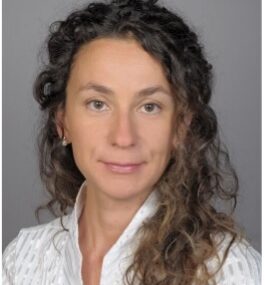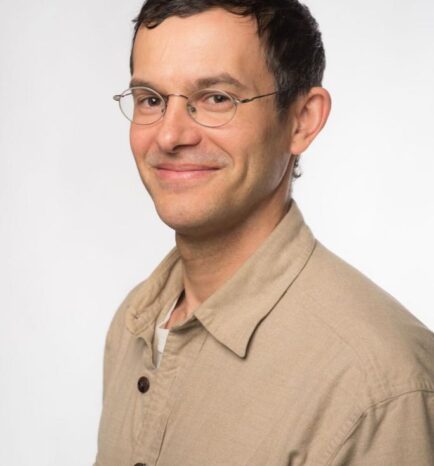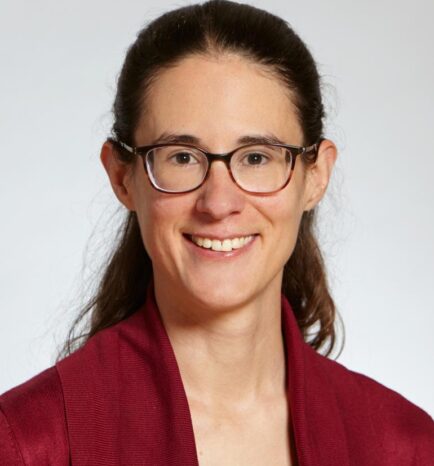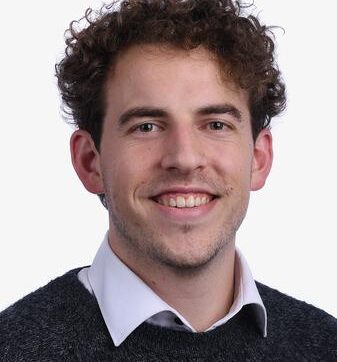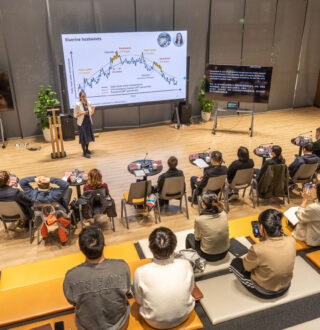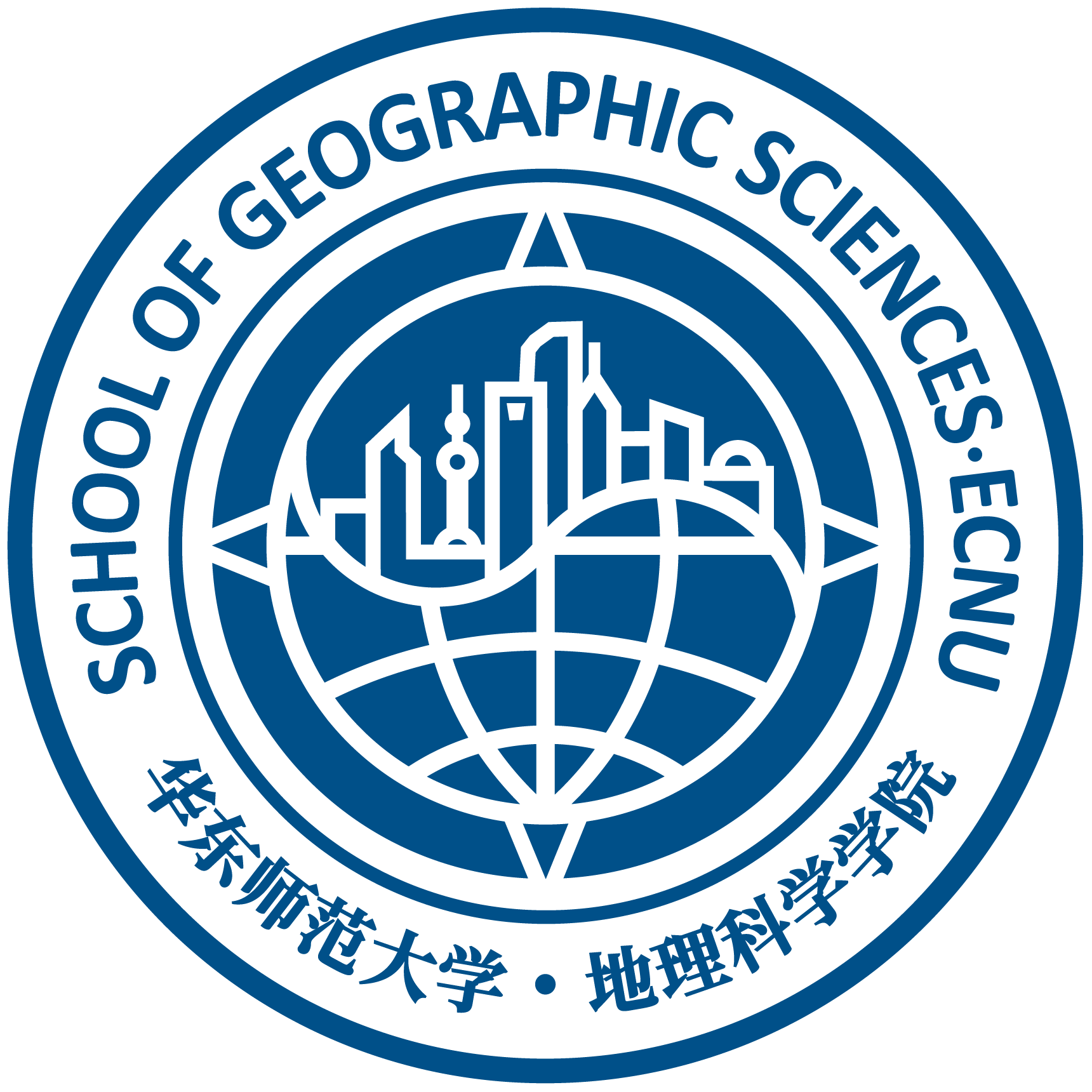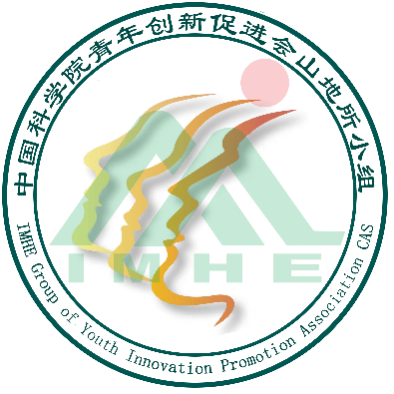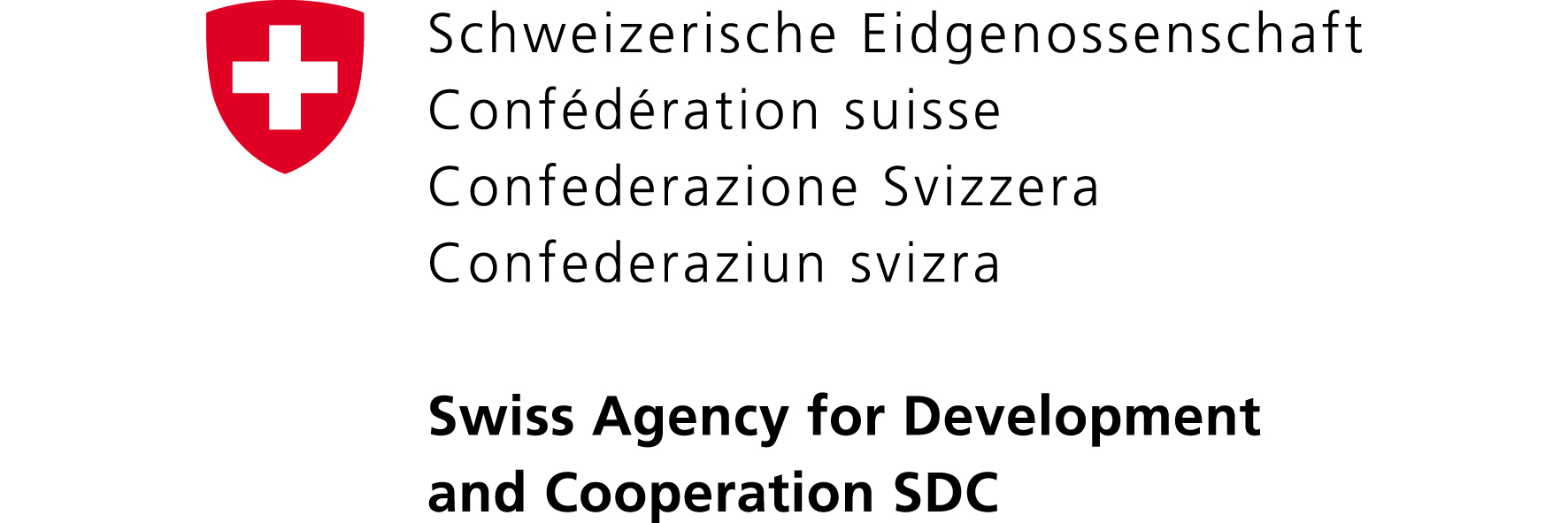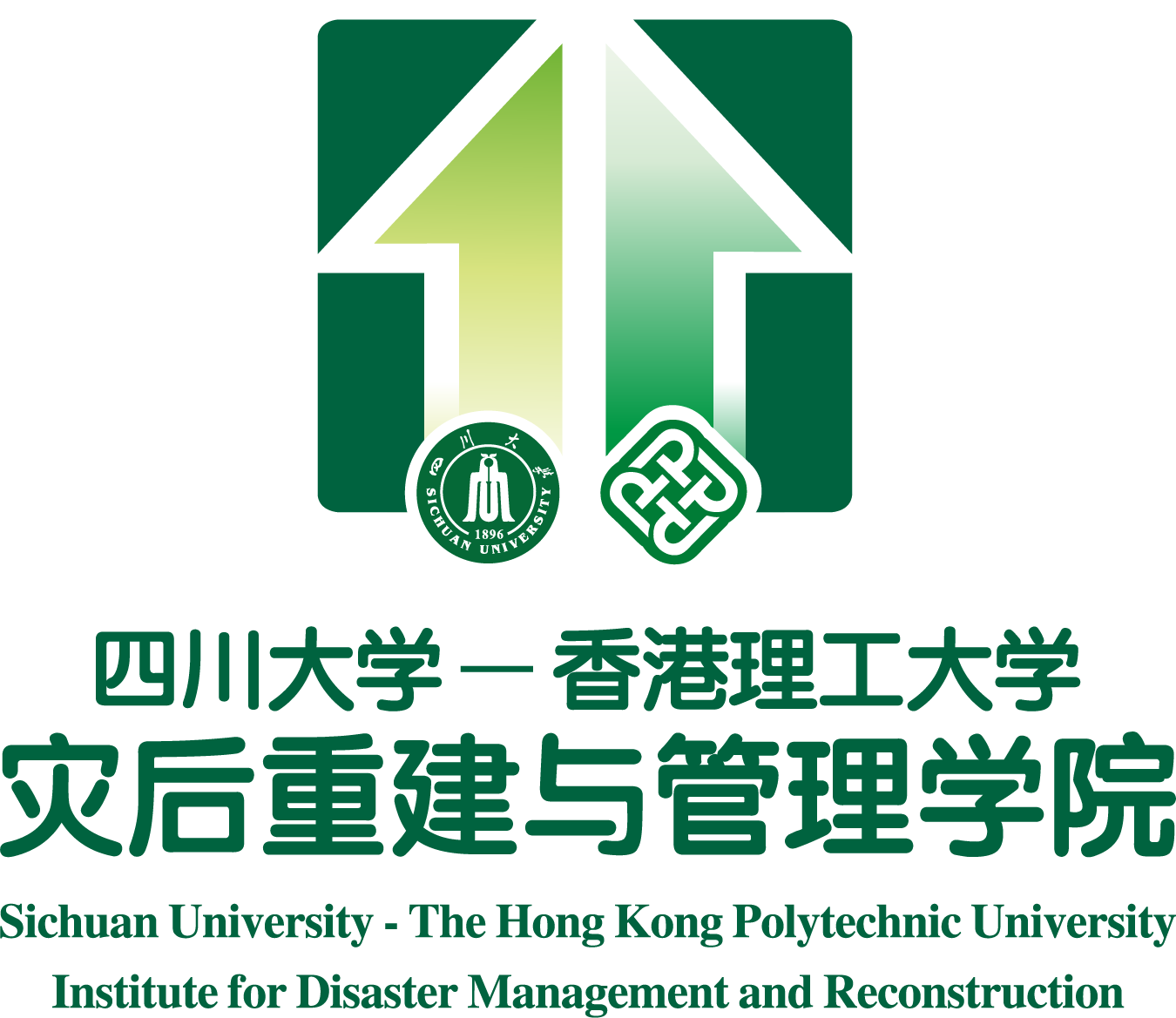
In a rapidly changing world, addressing the risks associated with natural and man-made hazards is one of humanity’s most urgent challenges. Our new program aims to promote mutual learning and meaningful dialogue between Swiss and Chinese experts. Participants will gain insights into China’s approach to next-generation disaster risk reduction (nexGenDRR) through a combination of workshops, site visits, and academic discussions.
China, with its vast and diverse geography, is no stranger to natural hazards such as earthquakes, floods, and typhoons. Significant expertise in leveraging digitalization, machine learning, and big data to enhance not only mitigation, but also the aspect of early warning, impacts of warnings and the general preparedness. From AI-driven earthquake detection to satellite-based flood monitoring, China’s innovative approaches offer a rich case study for learning and an interesting foundation for collaboration.
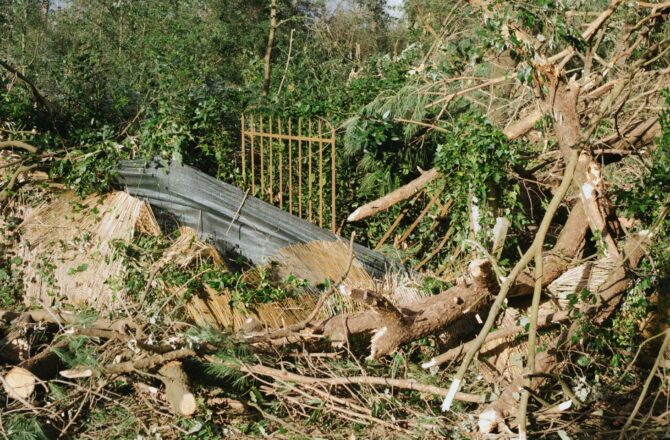
This initiative will explore how Swiss expertise in precision engineering, high-quality data science, and disaster resilience is complementary to China’s scalable, tech-driven solutions.
Together, participants will address pressing questions such as:
- How can we integrate digital tools to better predict disasters?
- What governance frameworks ensure equitable access to these technologies?
- How do we build resilience for vulnerable communities?
This program offers a unique opportunity to engage in collaborative problem-solving, deepen your understanding of key issues, and expand your network in China, all while contributing to a collective global effort to address one of the world’s most pressing crises.
nexGenDRR is in line with Swissnex in China’s mission to advance Swiss-Chinese collaboration in education, research, and innovation by leveraging relevant contacts, scouting content, and providing context. Our activities provide Sino-Swiss ERI collaboration with a stronger and more sustainable contextual foundation, identifying areas of collaboration that are of mutual interest and strategic relevance.
Swiss Delegation
-
![]()
Anna Scolobig
Anna Scolobig
Social Scientist; Senior Researcher, University of GenevaDr. Anna Scolobig is a social scientist, working on environmental change, risks and disasters. With 20 years of experience on social vulnerability, climate adaptation and risk governance, her work focuses on understanding how people live with risk and on improving communication, policies and financial mechanisms to support decision making. After receiving her PhD on social vulnerability and resilience to extreme weather events at the University of Udine, Italy she conducted research for institutions in Germany, Austria, United Kingdom and Switzerland. In her work she investigates the social, cultural, political and institutional factors that influence risk related attitudes, behaviors, and governance processes. Her research also supports climate risk reduction strategies, policy and decision-making through processes that integrate technical options and stakeholder perspectives, for example to co-design risk management plans or people centered warning systems. Her work spans several countries in Europe, Asia, Andes, and Caucasus. She has recently led studies across Europe and China to explore the transformative adaptation potential of nature-based solutions. Among her professional activities, she acted as G20 European Commission (EC) expert for Science Engagement Recommendations and she has been EC contracted expert for several proposal and project review (e.g. for the European Research Executive Agency).
-
![]()
Justin Veuthey
Justin Veuthey
Associate Researcher, University of GenevaJustin Veuthey is interested in disaster prevention: what individuals and collectivities can do to reduce the risk of catastrophes before hazards come along. He is a strong believer in the adage that “an ounce of prevention is worth a pound of cure.” He is concerned with issues of poverty, marginalization, and social capital, while also being increasingly interested in how emerging technology is changing societies in different parts of the world.
Justin was a journalist for several years before getting involved in international cooperation. He has studied and worked in Europe, Asia, and the Americas. After working with the Swiss government’s humanitarian aid agency as well as small NGOs, he completed a PhD in geography focusing on how subsistence farmers in the Philippines were preparing for natural hazards. During his doctoral research he had the pleasure of living and working in remote parts of the Filipino archipelago for two years.
-
![]()
Manuela Brunner
Manuela Brunner
Assistant Professor, Institute for Atmospheric and Climate Science at ETH Zurich; WSL Institute for Snow and Avalanche Research SLF in DavosManuela Brunner is an assistant professor at the Institute for Atmospheric and Climate Science at ETH Zurich and the WSL Institute for Snow and Avalanche Research SLF in Davos. Before moving to Davos, she studied Geography and Climate Sciences at the University of Bern, obtained a PhD from the Universities of Zurich and Grenoble-Alpes, and did postdocs at the Swiss Federal Institute for Forest, Snow and Landscape Research WSL and the National Center for Atmospheric Research in Boulder Colorado. Her research focuses on extreme water-related events such as floods, droughts, riverine heatwaves, and wildfires. She studies the hydro-meteorological drivers of extreme events, develops methods for their prediction, and assesses changes in the water cycle and extremes. Her group at ETH and SLF quantifies the hazard potential and water availability in mountain regions under global change.
-
![]()
Mathias Niffeler
Mathias Niffeler
PhD Student, EmpaMathias Niffeler is a PhD Student at the Urban Energy Systems Laboratory of Empa and acts as the CTO of uuen Pte Ltd, the company behind CEA Pro, a cloud-based modelling software for sustainable urban design. Mathias dedicates his time to improving access to science-based planning and design of urban energy systems, offering policy and decision makers actionable insights for climate change adaptation and mitigation. From 2021-2024 Mathias contributed to the Cooling Singapore project, a research collaboration between ETH Zurich, MIT, Cambridge, NUS and the Singapore Management University aimed at developing the Digital Urban Climate Twin (DUCT). The DUCT is designed to help Singaporean authorities determine the effect of urban design choices on local heat islands and extreme heat events.
Event and blog
-
![]()
nexGenDRR: Building Resilience Across Cities, Mountains, and Systems
December 8, 2025As climate change intensifies risks across societies and geographies, disaster risk reduction has become a defining challenge of our time. In response, Swissnex in China launched nexGenDRR – Next Generation Solutions for Disaster Risk Reduction, a new exchange initiative supported by the Swiss Agency for Development and Cooperation (SDC). The initiative brings together Swiss and Chinese researchers, practitioners, and institutions to explore how science, technology, and governance can jointly strengthen resilience across the full disaster lifecycle.
-
![]()
Towards Resilient Futures: Sino-Swiss Forum on Next-Generation Disaster Risk Reduction
November 18, 2025Co-organized by Swissnex in China and East China Normal University with support from the Swiss Agency for Development and Cooperation (SDC), the forum will explore a comprehensive path to resilience, from analyzing threats and mapping vulnerabilities, to leveraging technology and transforming policies for proactive governance.
